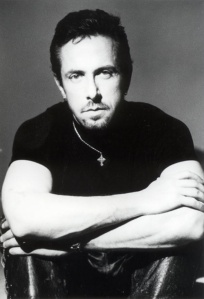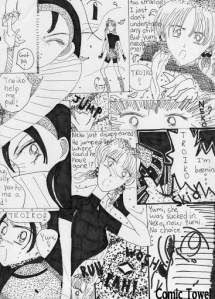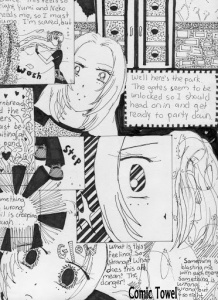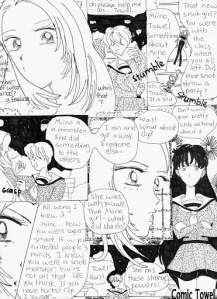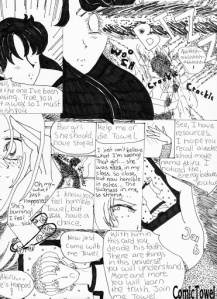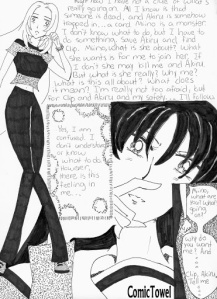After finishing a book, I usually take a day or two off from reading. Sometimes that day or two sticks around a little longer. And three days is always too long. Then it begins to sting when I have four bookshelves riddled with unread titles glaring at me wondering what the hell I‘m doing sitting around without a book in hand. One shelf wants to be chosen. One book desperately wants to be elected. And I just sit there like a chump biting my lip and as indecisive as ever. Something has blocked me from reading. My mood? Energy? Maybe solicitude from my last book? All I know is days are ticking by and I can't seem to find a dang thing I want to read and it's pissing me off.
It's a reading slump indeed.
So I, like many book bloggers, decided to create another remedy post for readers who need to get through a reading slump. And if one method listed doesn't work, another one always will. So let's go!
1. GET ORGANIZED
Hell, I’ve learned long ago how throwing away and getting rid of old junk kills some spectrum of my anxiety. There’s this sort of alleviating transference I get from donating old clothes; alongside tossing pay stubs, art supplies, and old birthday cards into trash bags. Seriously, when miscellany leaves happiness circulates within the soul.
So one method that often helps me pull out of a reading slump is getting my shelves organized. By “getting organized” I mean going to a shelf to pull unread titles off to compile what I haven‘t read and how long its been hanging around–and deciding what should hang around. Something about pulling unread books off, piling them up, and actually looking at them helps get me centered. It’s revisiting titles long acquired that at one point I was excited. That is until time and other books caused my enthusiasm to slip by, before deciding what's next for said title. And, naturally, the benefit is I find myself donating piles of unread and clutter-clogging books after a change in interests.





